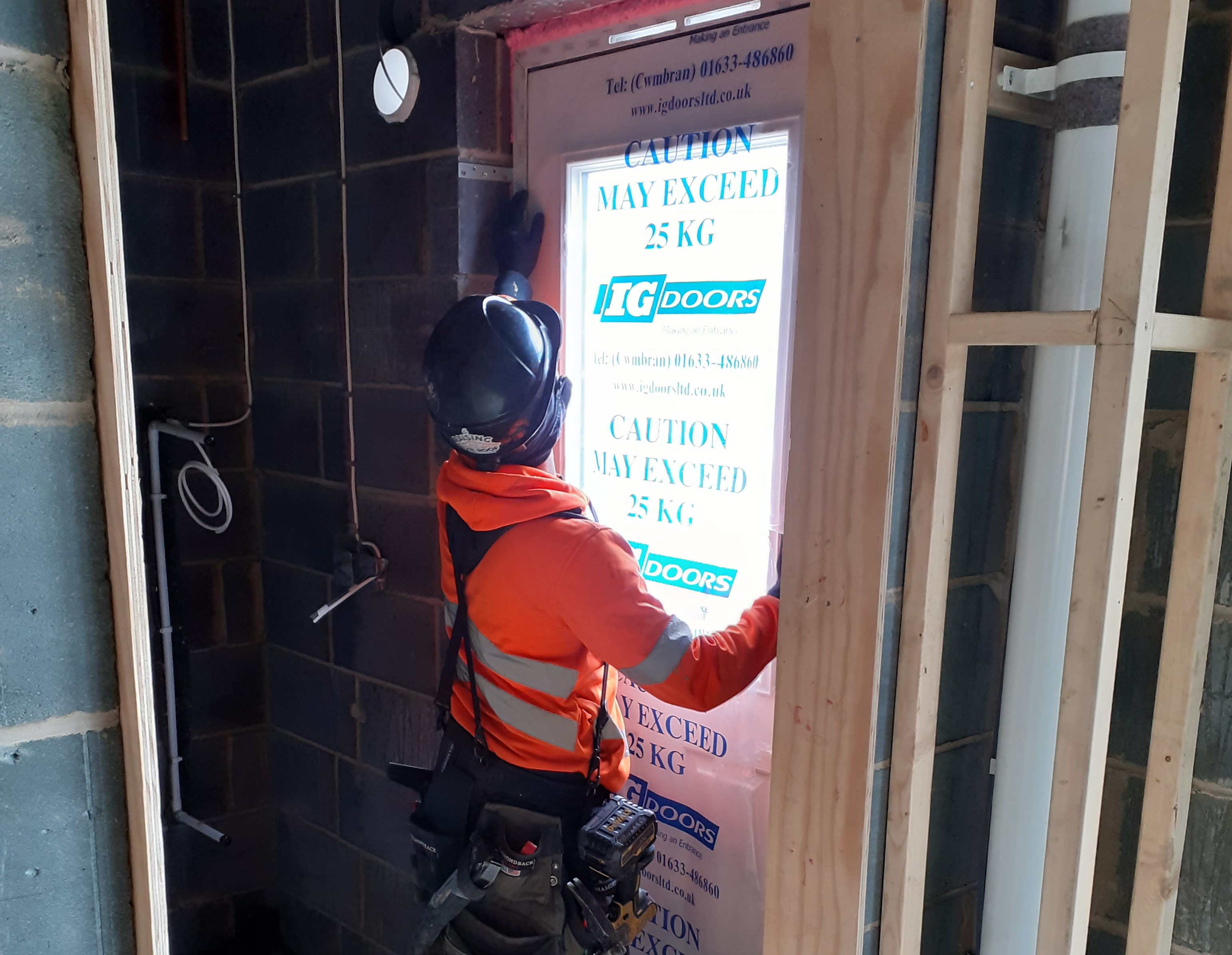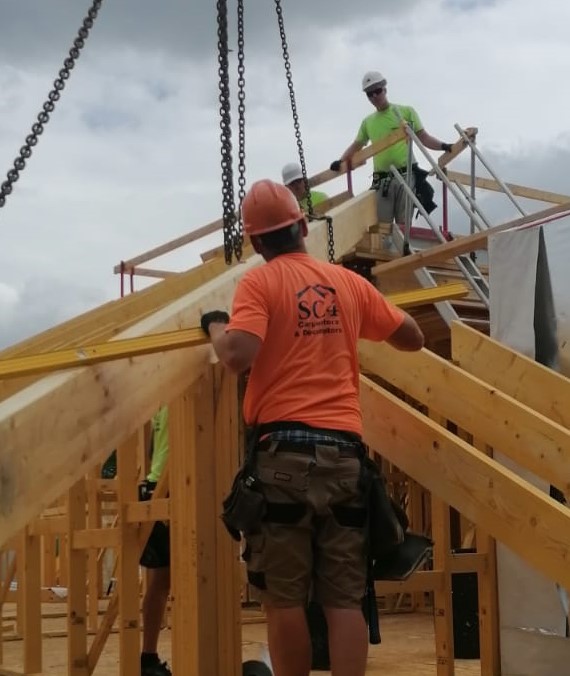.jpg?updated=1658419773)
The Knowledge You Need Before You Appoint a Carpentry Contractor
There are plenty of carpentry contractors you can engage to work on a development project, but not all of them will have the same levels of experience and expertise. In this article, we look at the essential ‘tricks of the trade’ that a competent carpenter will definitely know and apply in every project – and which a Project Manager or QS may not necessarily be aware of if he or she is not themselves trained as a carpenter.
1. Keep track of measurements
It sounds simple, but you’d be surprised at how many contractors rely on their memory to keep track of measurements. You can get away with not writing measurements down when working in small DIY jobs, but this doesn’t work on large-scale commercial projects, where there are just too many numbers to remember.
An experienced carpentry contractor will not overestimate their memory. Years of experience will have shown them how easy it is to make a mistake by relying on memory. Instead, they will always read drawings and specifications carefully and write down and keep all measurements to hand.

2. Check And Double Check
In a carpentry or joinery project, there’s no such thing as a “small mistake” and the old adage “measure twice, cut once” applies. A small deviation in volume or length can result in a poor finish and damage the contractor’s reputation. Since even small mistakes can be expensive and cost thousands in lost materials and time, a good carpenter will check and double check every measurement, drawing and specification at least twice.
A good carpentry contractor will provide each member of their workforce with drawings and specifications for every task they are going to undertake. It is important that the carpenter reads and understands these documents, as installation instructions and guidelines may be specific to the manufacturer. To ensure the high standards of work, the contractor should be working to NHBC Best Practice.
3. Do The Prep Work
Planning your work is an essential skill for any carpenter. This includes reading the plans and specifications, ensuring all materials and fixings are to hand, tools are in good working order and batteries are charged and the previous trade has completed their works correctly. Don’t just assume that everything is in order - “Failing to plan is planning to fail”. An expert carpenter will also have developed strategies and efficient methods of work to ensure your project progresses in a high quality and timely fashion.
4. The Right Tools
Power tools are now an essential part of every site carpenter’s kit. They come in a variety of forms including nailers, drills, circular saws, etc, including both battery-operated and 110-volt options. Power tools are used for various jobs, and the contractor may need to use different tools and fixings depending on whether they are installing first fix items (roofs, joists, internal walls, stairs, etc), or second fix (skirting, architrave, banisters, etc) and finals (doors, ironmongery, cabinets, etc). Making the right choice of tool and knowing how to use it safely will help the carpenter deliver an accurate and professional finish and will get the job done faster. Individual contractors on site are expected to provide their own equipment and it is important that this is the right tool for the job, up-to-date, in good working order and PATT tested and that the carpenter knows how to use it safely. A high quality carpentry contractor will have the right tools for the right job.
.jpg?updated=1658419898109)
5. The Correct PPE
As well as standard PPE such as hard hat, protective boots and hi-visibility clothing, the good carpenter will use the correct PPE when using with power tools. This includes gloves and eye protection, as well as face fit masks and vacuum extractors for use when cutting wood, MDF, concrete board, plasterboard, etc. They will also have completed training in how to use the tools correctly. Your carpentry contractor should have a SSIP health and safety accreditation, such as SMAS, and ensure that their staff all hold valid CSCS cards and have received tool-specific training, such as Paslode training for the safe use of nail guns.

6. The Right Skills For The Right Job
These are only a few of the common skills that distinguish experienced carpenters from less experienced contractors – things that a carpenter usually picks up on the job and not as part of his or her formal training. Working with an established carpentry contracting business, such as SC4, gives you the benefit of decades of combined experience delivering practical projects and overcoming a range of onsite challenges. In practical terms, this can often save you time and money compared with working with a less experienced business – even if, on paper, the two companies have identical accreditations and professional memberships.
Professional Carpentry Services For Construction Development
During the past 22 years, SC4’s experienced carpenters have picked up this knowledge and many more, which will all help towards completing your construction project to the best standard, to deadline, safely and within budget. Get in touch with us today to discuss your project requirements.
Click on the categories below to find out more about:

Connect with Us
Share this Page
More Posts
Recent Posts
- Breathe Easy, Work Safe: The RPE Every Site Worker Needs
- From Site to Strategy: Simon Mead Promoted to Associate Director at SC4
- SC4 named Cala Contractor of the Month, October 2025
- Why is Neurodiversity so important in Construction?
- Our Favourite Carpentry Project Of 2024: Cromwell Court, Old Basing
- Case Study: Timber Frame Installation in Netley Grange, Southampton
